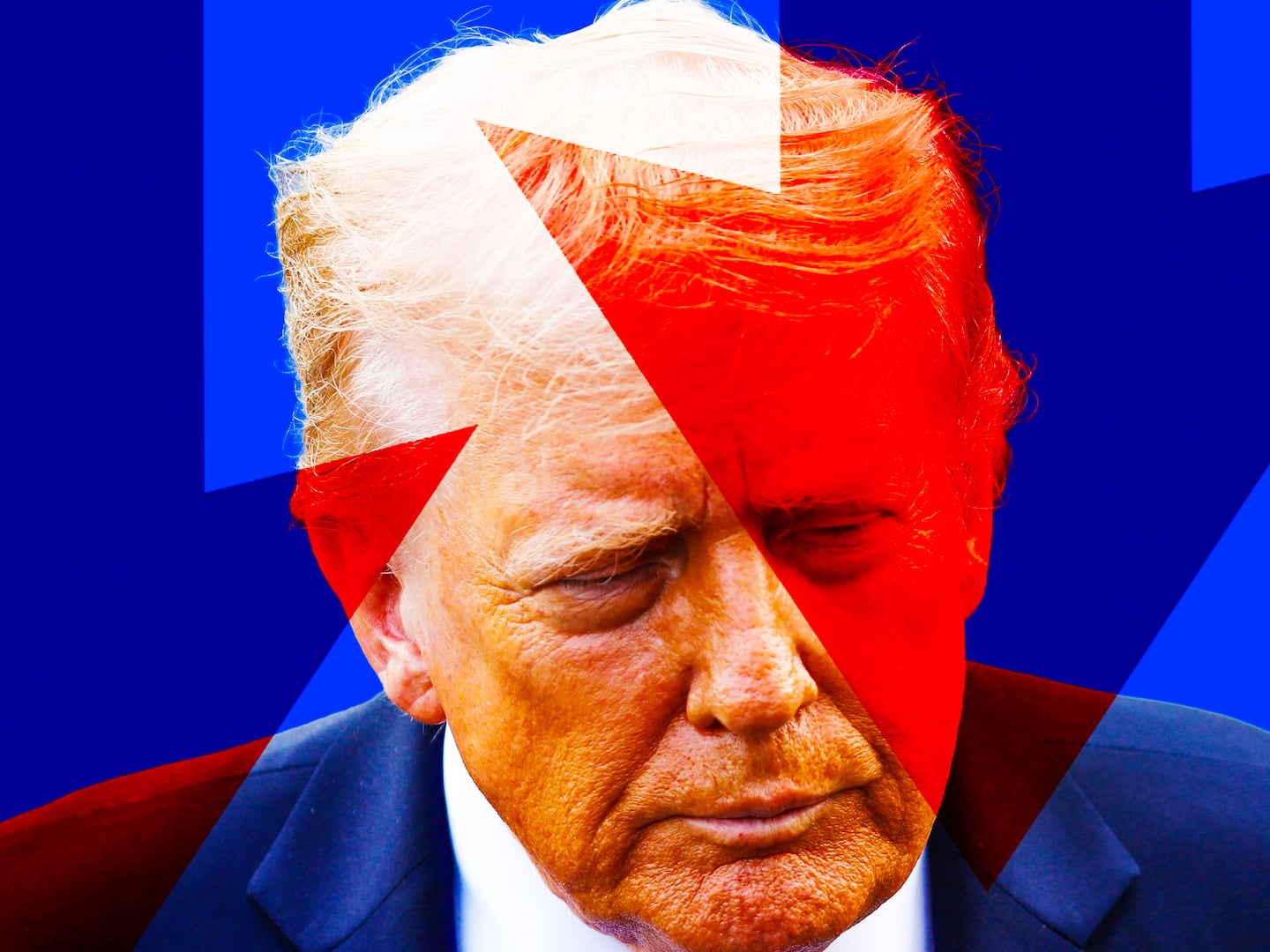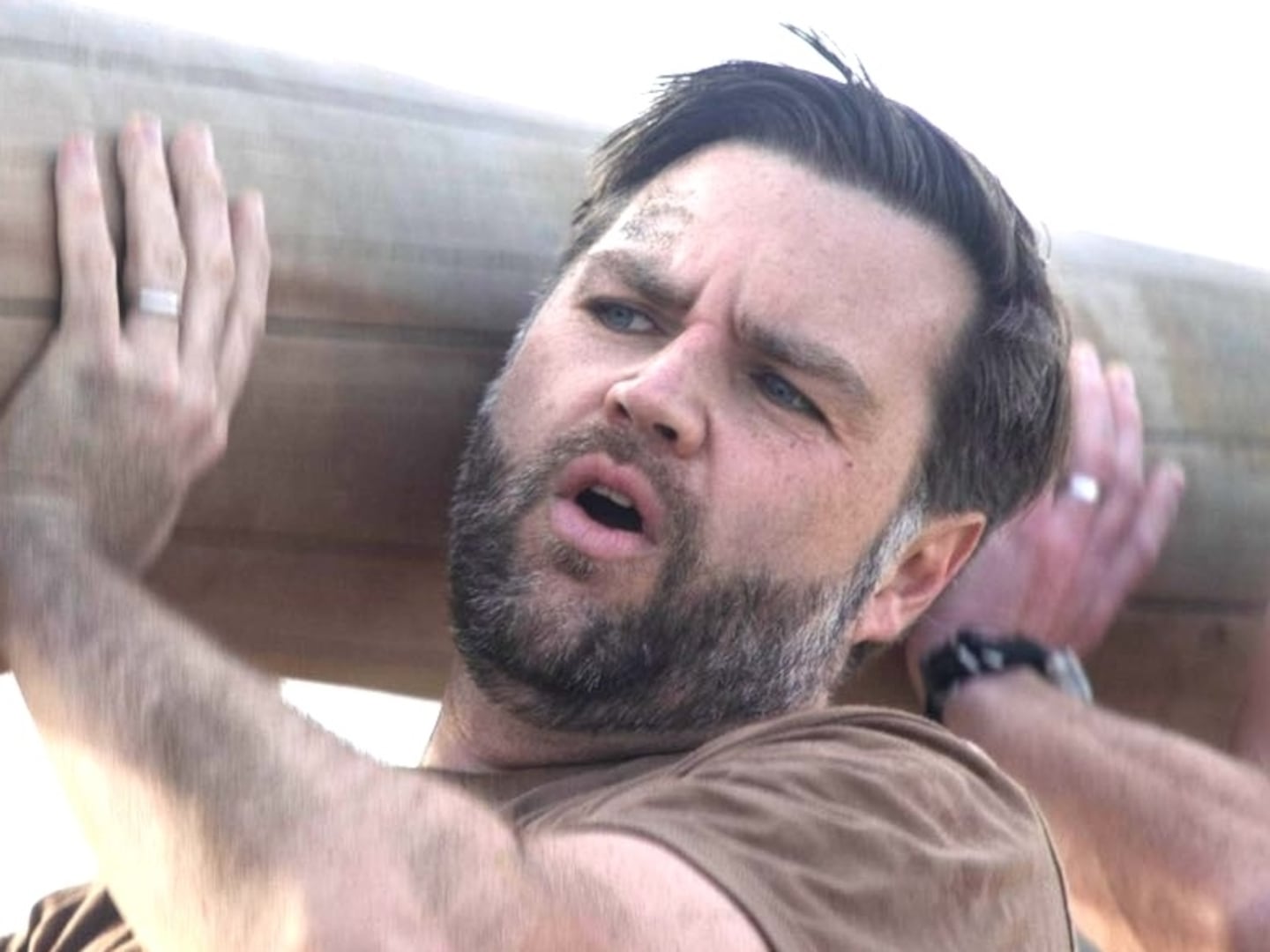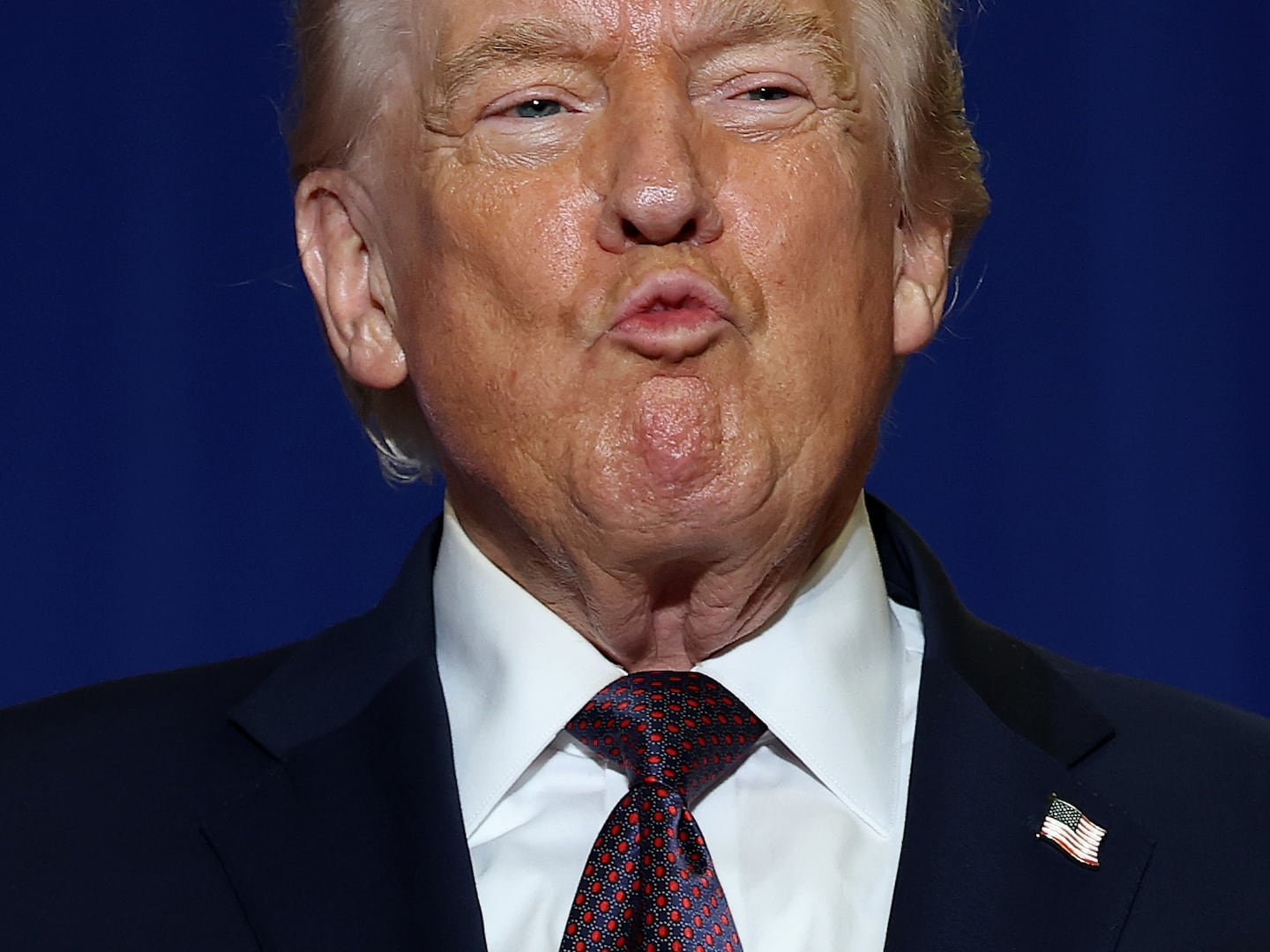Is the West missing the bigger problem with Vladimir Putin?
Masha Gessen has been face-to-face with the Russian president. He didn’t come off as particularly smart or as an insightful politician. But she did see a man skilled in arousing fear—and who she now thinks is tapping into Russia’s most notorious past.
In Berkeley recently for the Uncharted ideas festival, the Moscow-born journalist said the mechanism of creating totalitarianism involves ideology and mass terror. That means things don’t look good for Russia, she told The Daily Beast.
“Ideology was absent during Putin’s first 12 years, but now he’s created this ideology of traditional values. But there’s no mass terror, although the country is behaving as though there had been mass terror,” she said. “In the ’70s and ’80s, there was a memory of mass terror—is Russia now functioning the way it is because there’s a memory of the memory of mass terror? Or is he going to have to unleash terror at home at some point in order to maintain this?”
Gessen has covered her home country and its enigmatic leader for Vanity Fair, The New Yorker, The Guardian, and others. She’s long argued that he’s a merely accidental president with little governmental experience. In her 2012 book The Man Without a Face, she detailed the rise of the former KGB agent who served as deputy mayor of St. Petersburg, until he was chosen by Boris Yeltsin and his cohorts so they could mold the new leader in their image.
After doing so much reporting on the man without even being able to get accreditation for press conferences at the Kremlin, Gessen says Putin almost felt like a character she had made up.
And then she did meet him.
Gessen was fired from the Russian equivalent of National Geographic, Vokrug Sveta, after she refused to send a reporter to cover Putin’s hang-glider flight with endangered Siberian cranes. Unexpectedly, Putin called her for a meeting, during which he declared his love of “kitties and puppies and little animals”; said his support of endangered species brought attention to important issues; claimed that he’d come up with the project to restore the crane population (which Gessen says dates from the ’70s); winked at her several times; and told her a magazine should be run like an army. When she disagreed, the chat was over.
Gessen said she had been excited to finally meet Putin and hoped to be surprised. She wasn’t.
“I wanted him to be richer and more interesting, more layered, but he was shallow and self-involved,” she said. “It’s a funny phenomenon—I’ve often been taken to task for saying he’s ordinary and not very intelligent and uneducated. I think people find it hard to believe that a mediocrity could hold that kind of power.”
Gessen, a lesbian with three kids, moved to New York a few years ago after a new Russian law made it possible to take children away from gay parents. Along with the Putin book, she’s also written about punk protesters Pussy Riot (Words Will Break Cement) and the ethnic Chechens responsible for the Boston Marathon bombing (The Brothers). Now she’s working on a book about the retrofitted totalitarianism of the last few years in the country where she grew up, left with her family to come to Boston at 14, and then returned to in her twenties.
According to Gessen, under Putin, Russia has been returning to the worst traditions of its past regimes.
“The government doesn’t force its opinion on you,” she said. “What happens is you’re robbed of the ability to form opinions.”
Gessen says Putin has dismantled the country’s media, destroyed democracy, and silenced his political rivals. She told The Daily Beast he has maintained a sort of totalitarian fervor by mobilizing Russians for war in Ukraine and now Syria.
“We’re now at a really tricky moment because I don’t think Syria has worked for him,” Gessen said. “It still might because he has such extensive propaganda possibilities, but if it doesn’t, he needs something else and the most obvious mobilization is a war at home—a war against the national traitors as he calls them.”
Yet she believes Putin still has no strategy or plan. What he does have, she says, is a mission, which is to influence civilization and bring back traditional values. And Gessen thinks the U.S. has a hard time grasping that.
“The State Department gets it exactly wrong because they think he’s trying to re-create the former Soviet Union,” she said. “He’s saying Russia is a traditional-values civilization, but it’s special because it’s the only country that has the courage of its convictions to go to war over values. The war in Ukraine is framed in those terms. That’s why it’s so important that they say they’re fighting homo fascism. To interpret that war as territorial is just to get it wrong.”
The problem in understanding Putin, Gessen says, is something most of us do: Assume people have the same motivations as us and think like we do.
“When American political scientists say, ‘OK, so Putin has seen he can’t win in the Ukraine because it’s too expensive,’ or when he was first threatening to get into Syria and people were saying, ‘Oh no, no, no, the Russians learned their lessons in Afghanistan, so they’re not going to get bogged down,’” she said. “It’s not that the Russians are stupid and didn’t learn their lesson. It’s that getting bogged down is not a deterrent to that way of thinking. So it’s a completely erroneous assumption.”
Gessen doesn’t consider Putin a legitimate president. But she says he has tapped into something that resonates with many Russians—a kind of longing or nostalgia for the way things were. Gessen said a friend of hers, a former dissident, describes a feeling people have of having emigrated without leaving their apartments.
“Nobody asked if you wanted to go West,” Gessen said. “Nobody asked if you wanted to live in capitalism. In some ways, Putin is saying, ‘You’ve been uncomfortable for the last 10 years and I share your longing for that comfort of how things were.’ I think there’s some real stuff there.”





